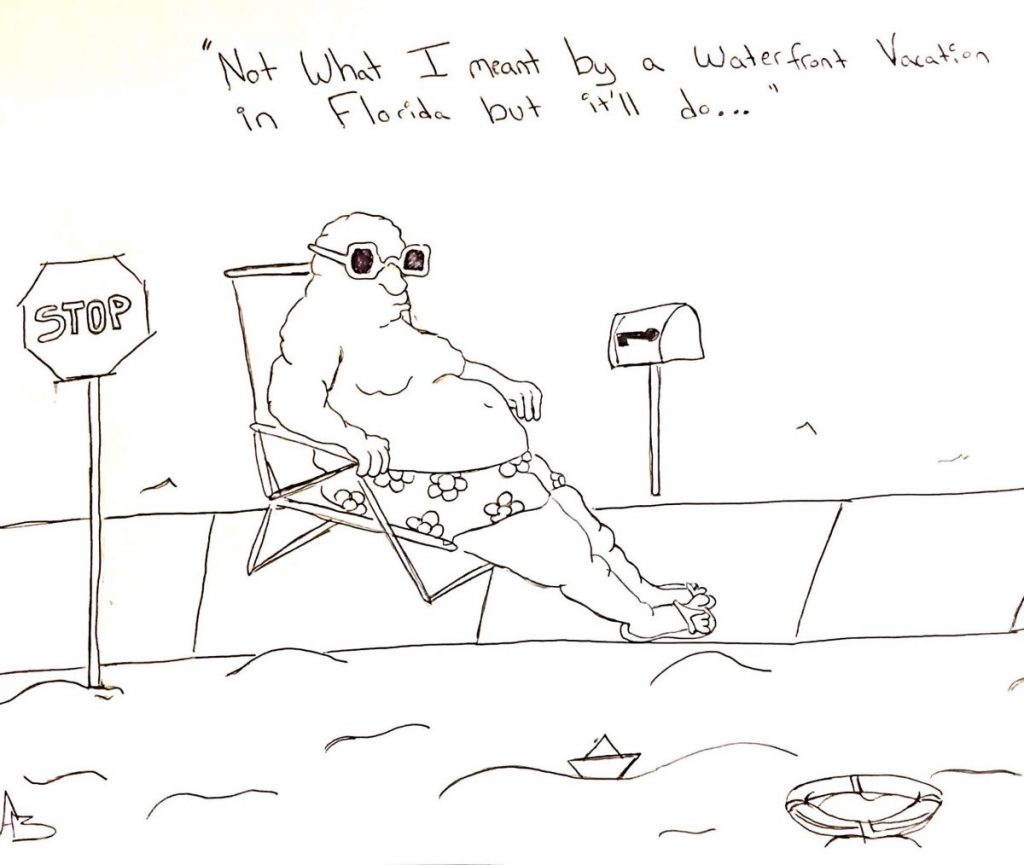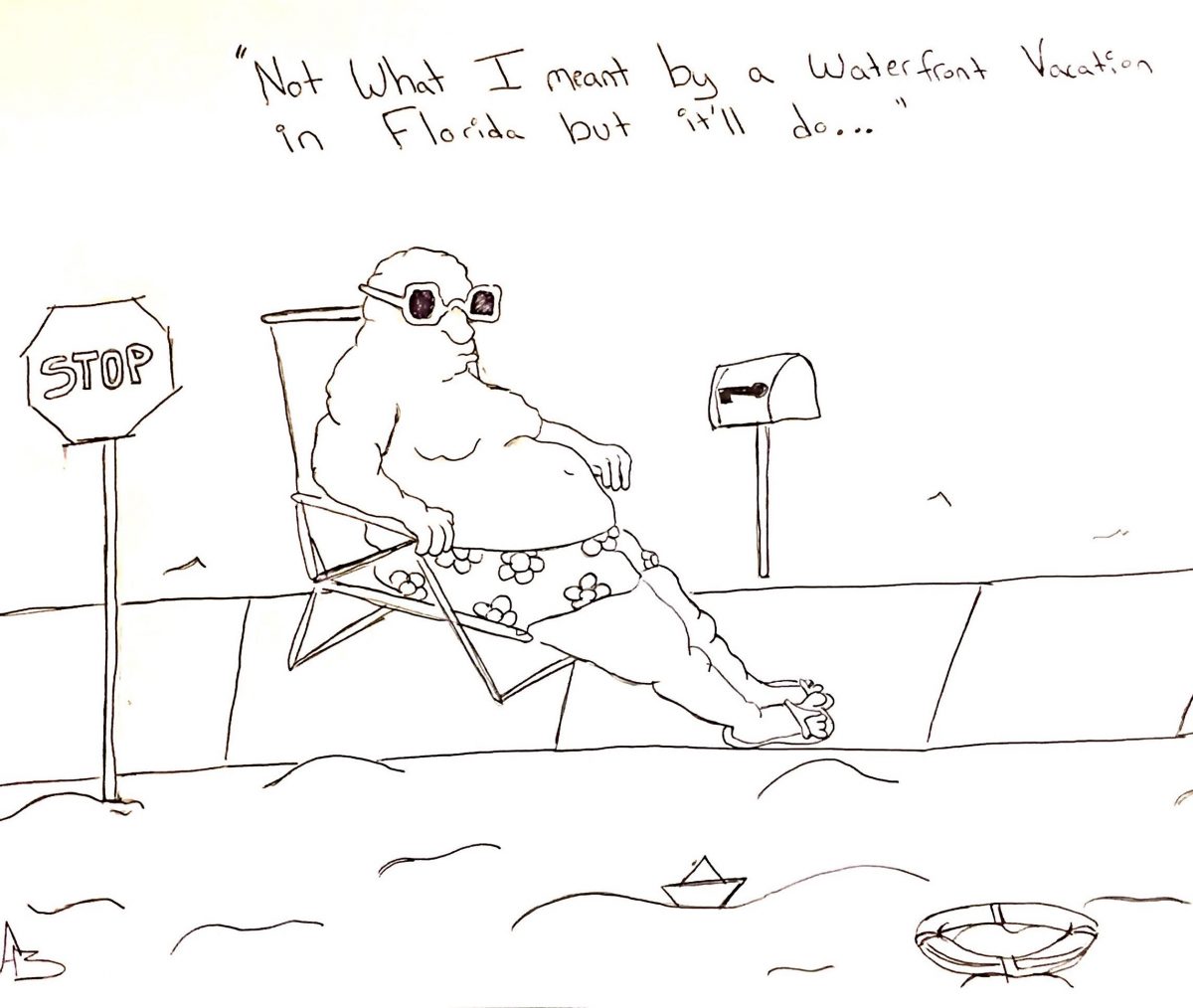
This year’s hurricane season is already underway and forecasters are warning the public to expect an active season. As residents of South Florida, we are used to the talk of upcoming hurricanes, but we have not seen a serious storm sweep across our state for 12 years since Hurricane Wilma in October of 2005. South Florida is due for another large hurricane; in fact, forecasters now see a 71% probability of a hurricane affecting Florida’s coast from August to October, which is higher than the 51% probability prediction from April, according to a Colorado State University report.
Wind shear, which is defined as any change in wind speed or direction along a straight line, is the most critical factor controlling hurricane destruction and formation. This occurrence has the potential to cause severe damage to South Florida’s coastal and inland areas. While no one can stop a hurricane, scientists urge that we can and must prepare for them. There is no better time to prepare than right now, when a threat does not exist, rather than a few days before a storm is expected to strike.
Flooding is America’s commonest and costliest natural disaster. Flooding is inevitable during hurricane season and a big concern for Florida homeowners and residents, which is why it is imperative to know your flood risk and purchase a flood insurance policy if you do not already have one.
It’s also crucial to be familiar with your evacuation zones. These are areas that may be affected by hurricane flooding. Communities create these zones to help residents get to safety. Information regarding Miami’s evacuation zones and routes can be found on websites for the state or county. If a hurricane poses a threat to a particular area and officials call for evacuation, residents should leave immediately and not wait for the next forecast to do so.
Lastly, you should not procrastinate grocery shopping for essential items like water and canned goods until right before a hurricane because as seen with previous storms, store shelves clear out very quickly. Remaining engaged and attentive to the local media is important so you can be up to date and purchase necessities with enough time.
Something else to consider is the role of climate change in the 2017 hurricane season. Rainfall and storm surge are where rapid changes in climate can cause the most damage. As global temperatures reach staggering heights, the world’s oceans are also getting warmer. Rising temperatures help concentrate moisture in the atmosphere which brings heavier rainfall. As sea levels rise here in Florida, storm surge will be able to reach further inland causing more chaos.
While the effect of climate change on hurricanes is still an active and ongoing area of research, the general consensus from scientists is that there might be fewer storms in a warmer world, but a higher number of them will be major hurricanes. Since the 1970s, global land and ocean temperatures have skyrocketed and we have seen a significant increase in the power of hurricanes.
Some research also suggests that climate change could result in a longer hurricane season, which means more pre-season storms. While there might be differing forecasts on the number and intensity of this year’s potential storms, one area everyone can agree on is that inhabitants of hurricane-prone cities should prepare sooner rather than later for what lies ahead. Be proactive and make a plan on how you will communicate with your loved ones and get to a safe place. It’s best not to panic about these situations, but be ready to take action when advised to do so.
Nicole Macias is a sophomore majoring in English.







